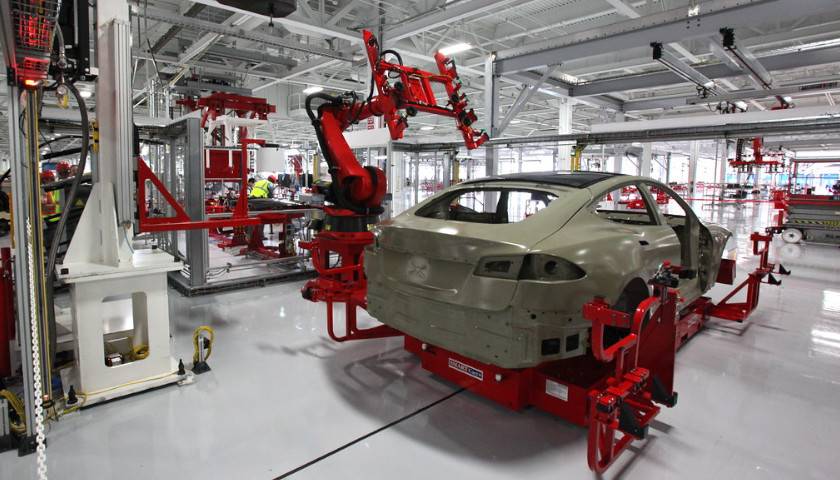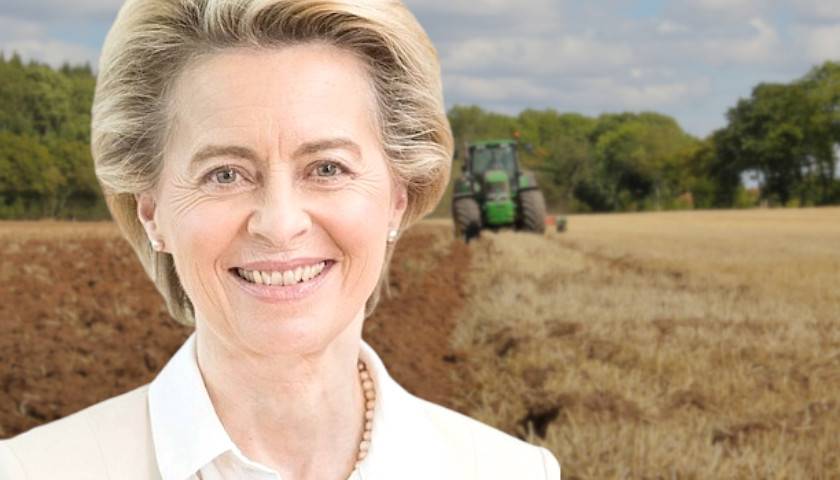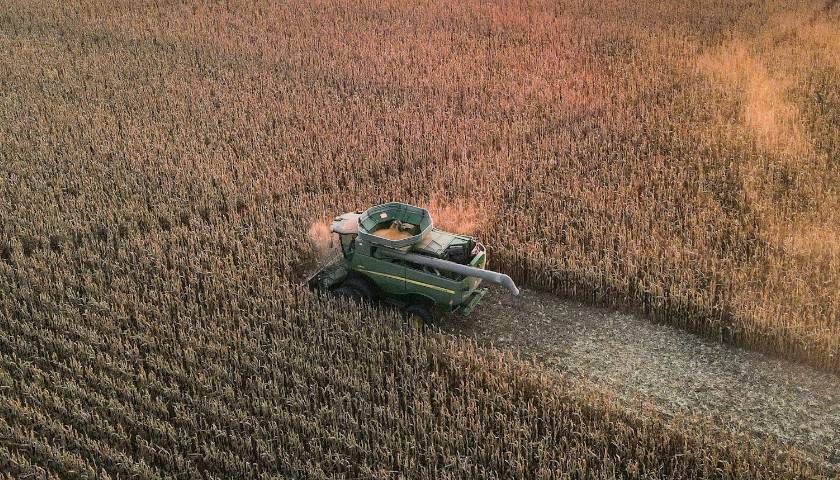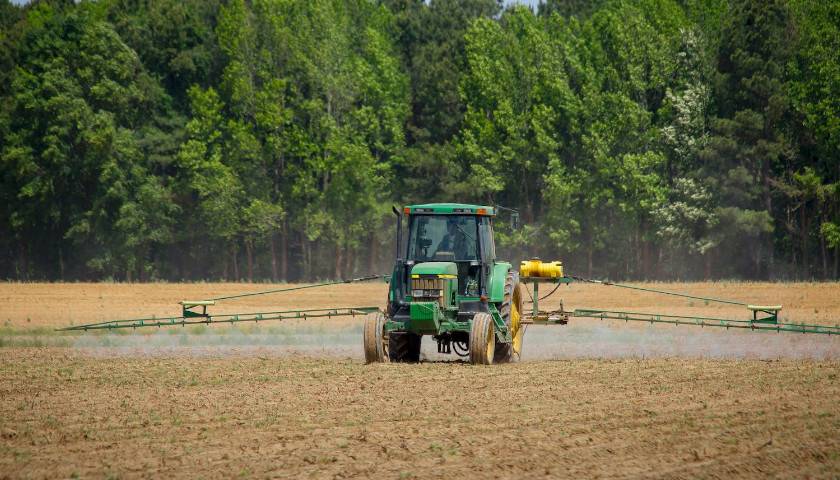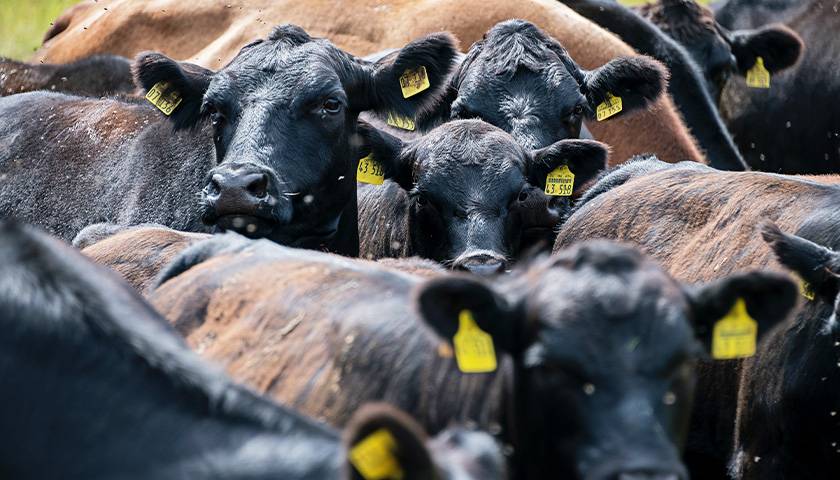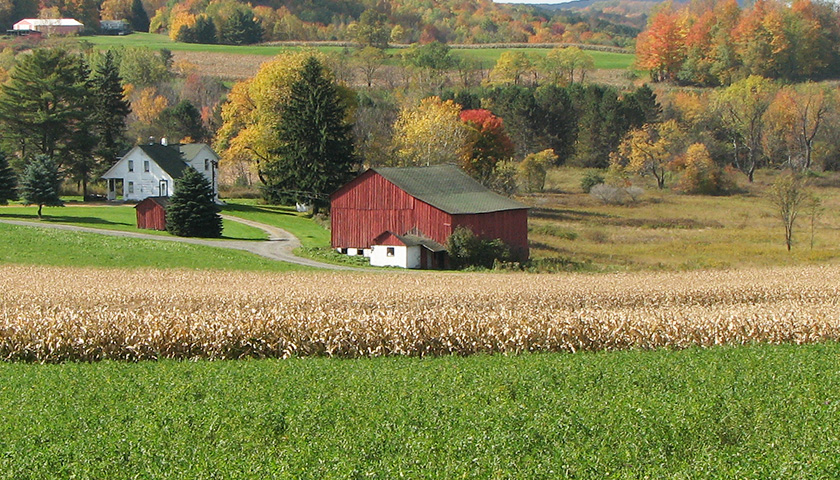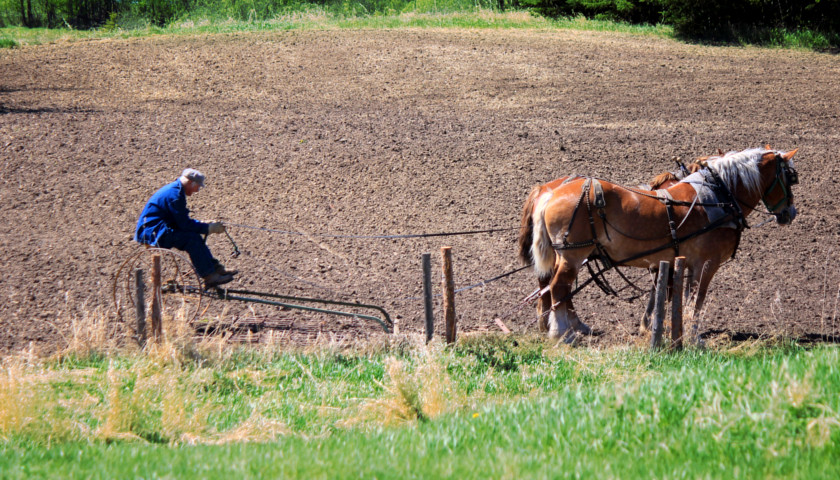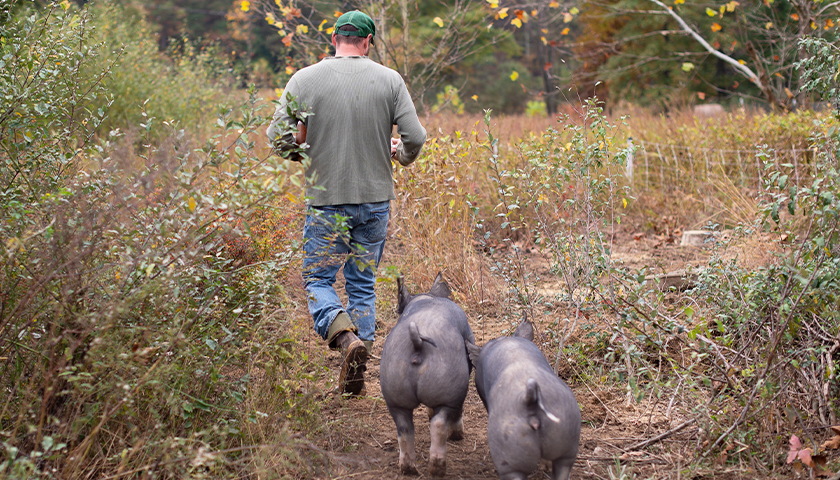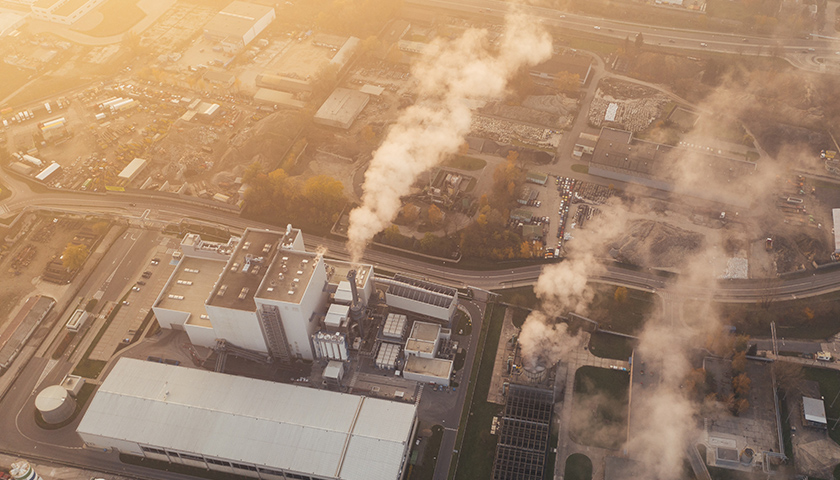Some of the world’s top emitters of methane haven’t signed a global effort to curb how much of the greenhouse gas is emitted by 2030.
The three countries – China, Russia and India – that produce the most methane emissions in the world haven’t signed onto the pact, which has been spearheaded by the U.S. and European Union ahead of a major United Nations climate conference. The nations that have signed the agreement represent nearly 30% of global methane emissions, the State Department said Monday.
The U.S. and EU unveiled the Global Methane Pledge on Sept. 18, which they said would be key in the global fight against climate change. The U.K., Italy, Mexico and Argentina were among the seven other countries that immediately signed the agreement last month.
Read More

